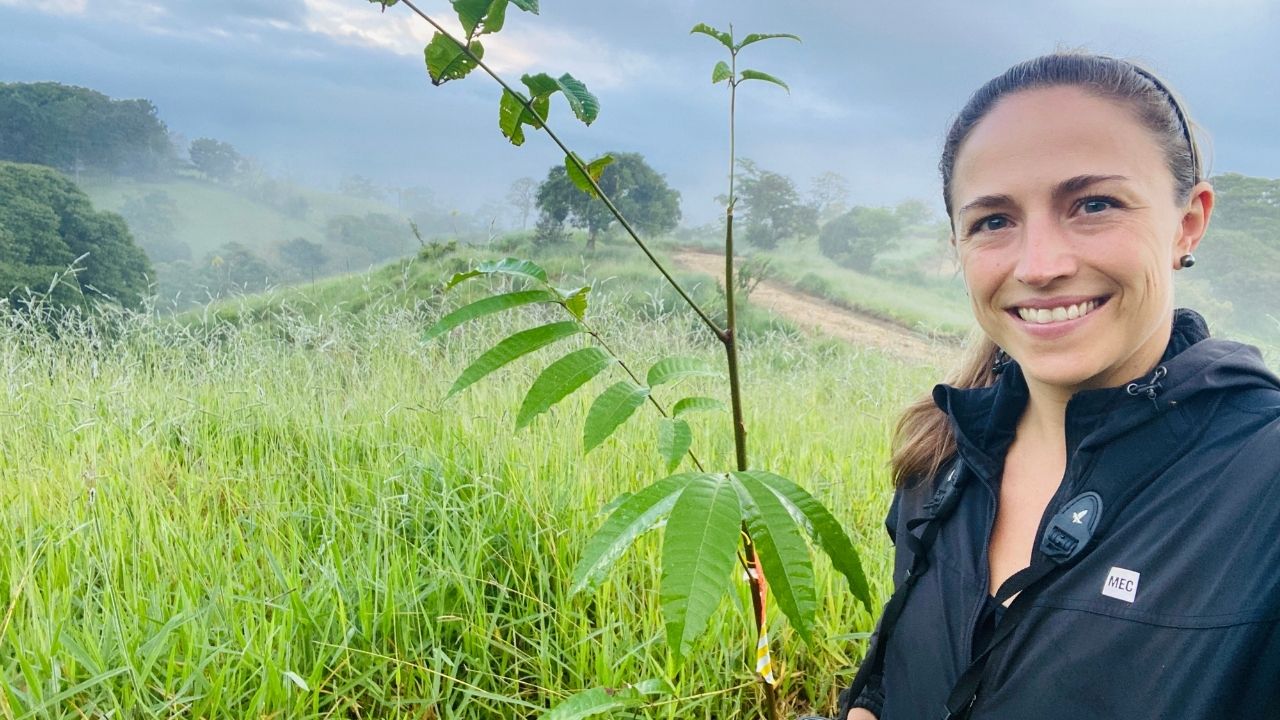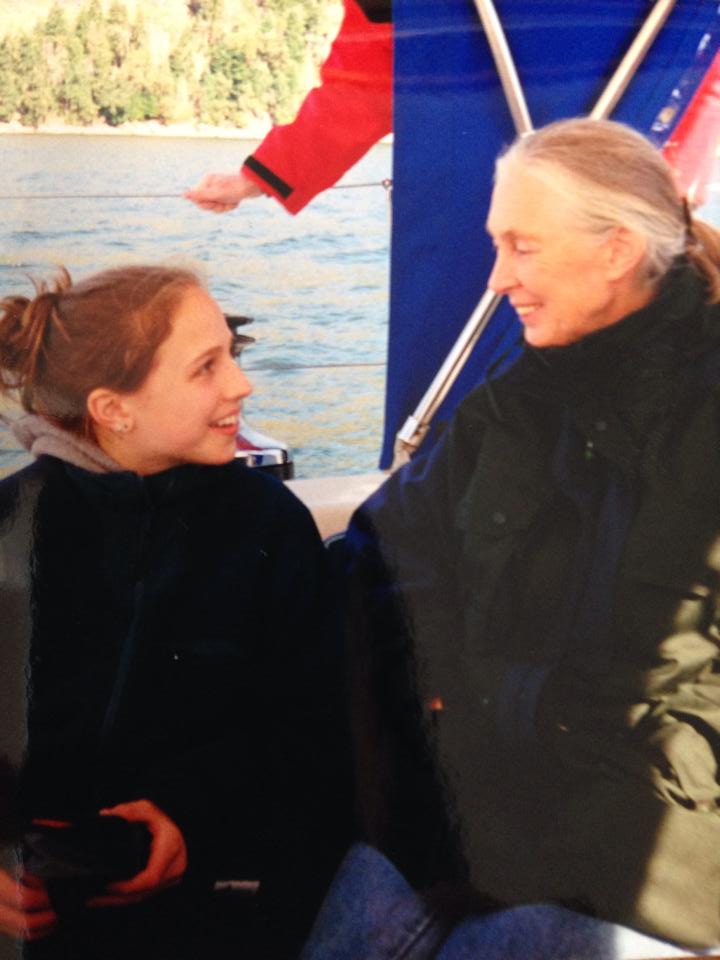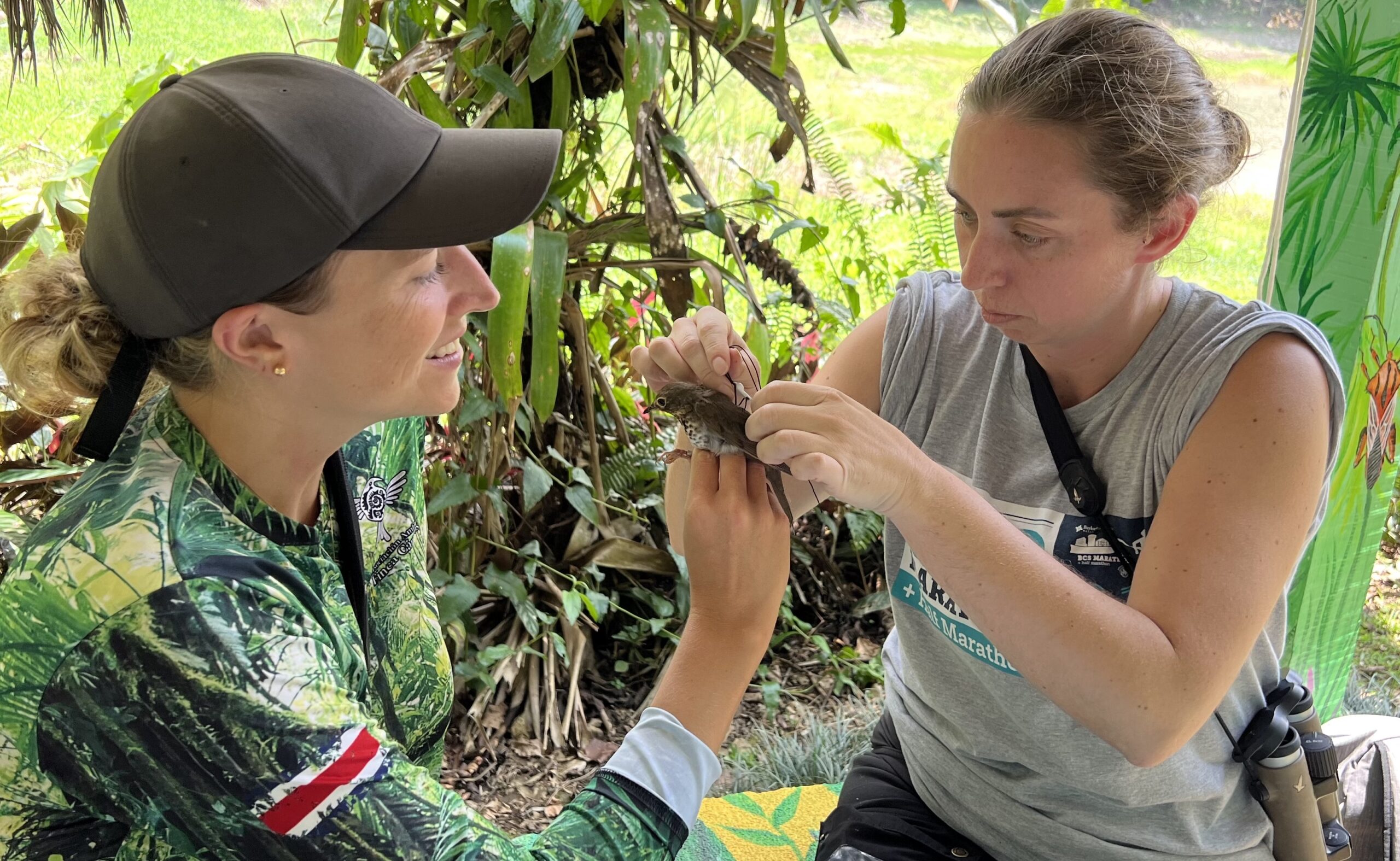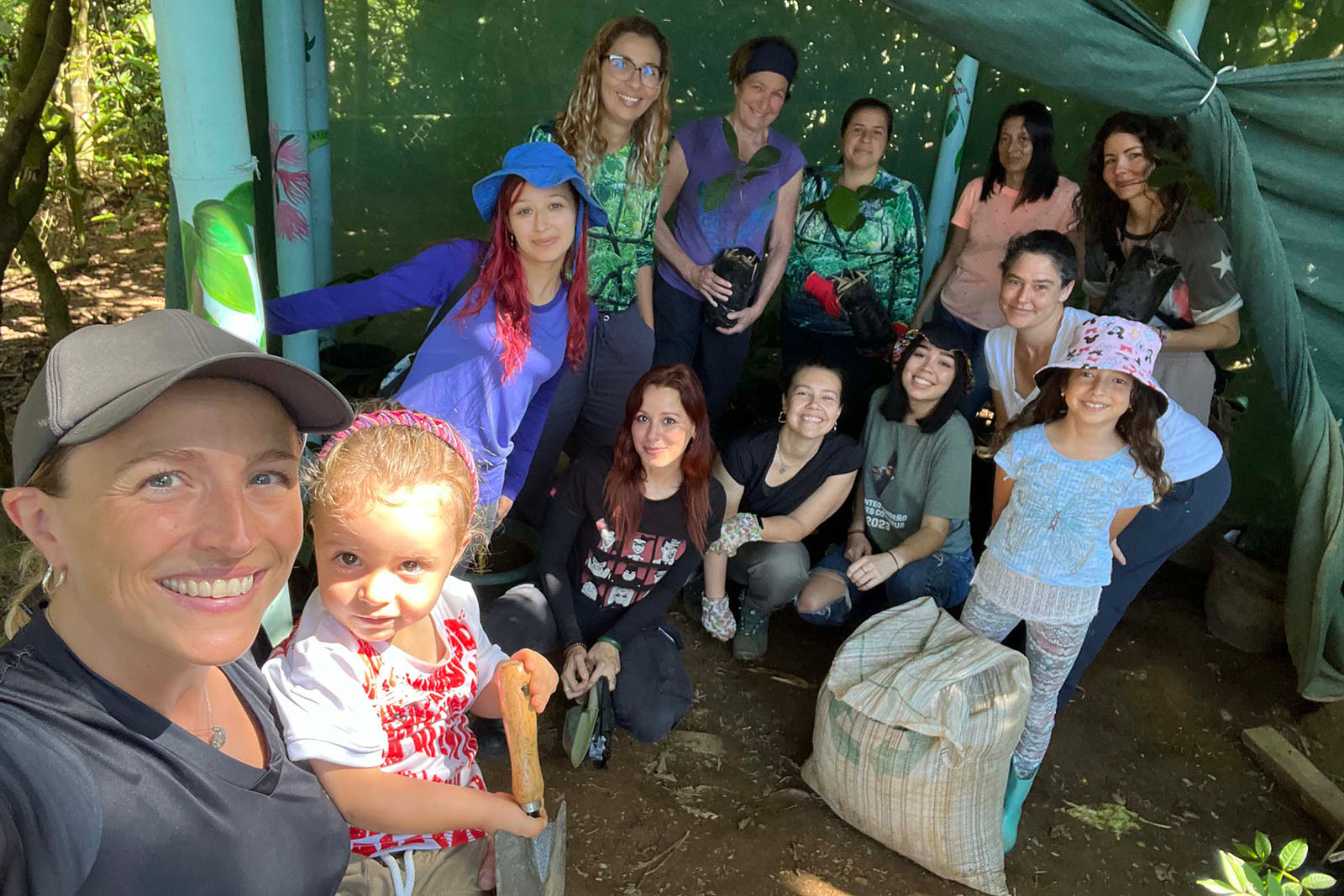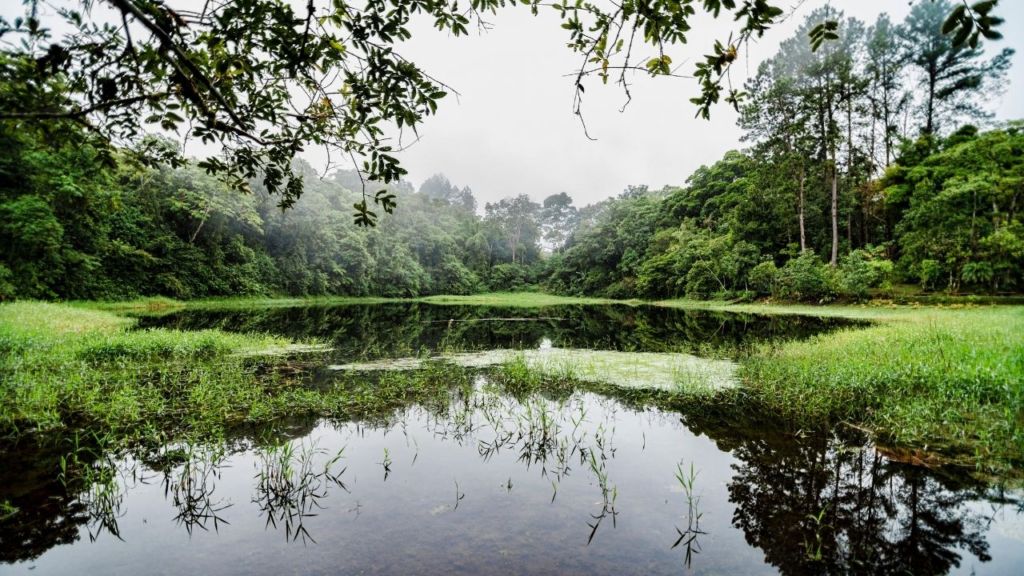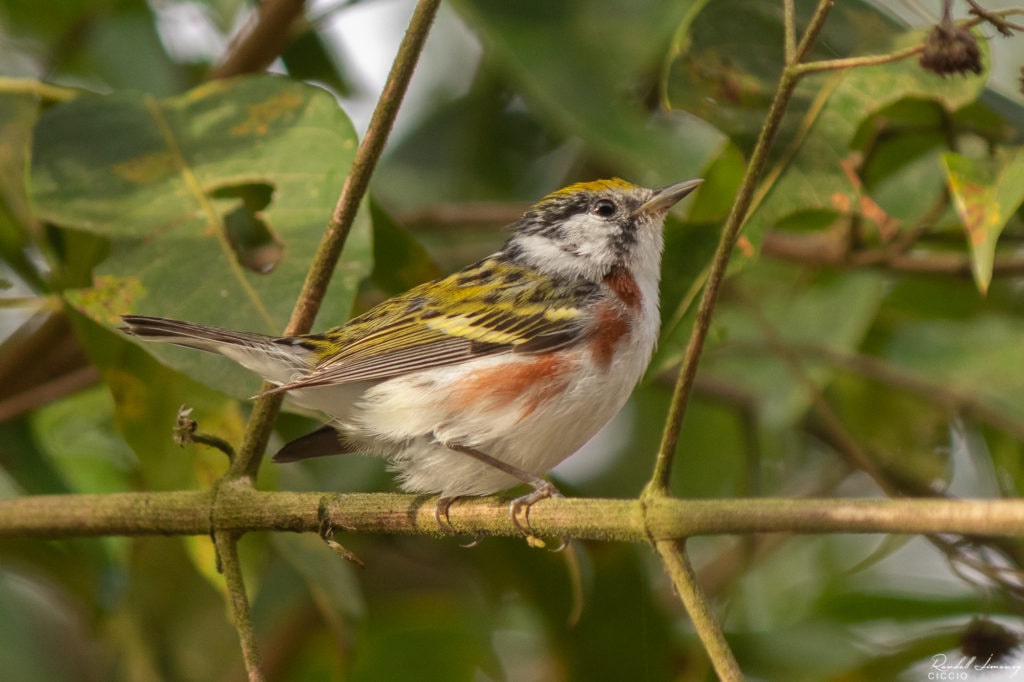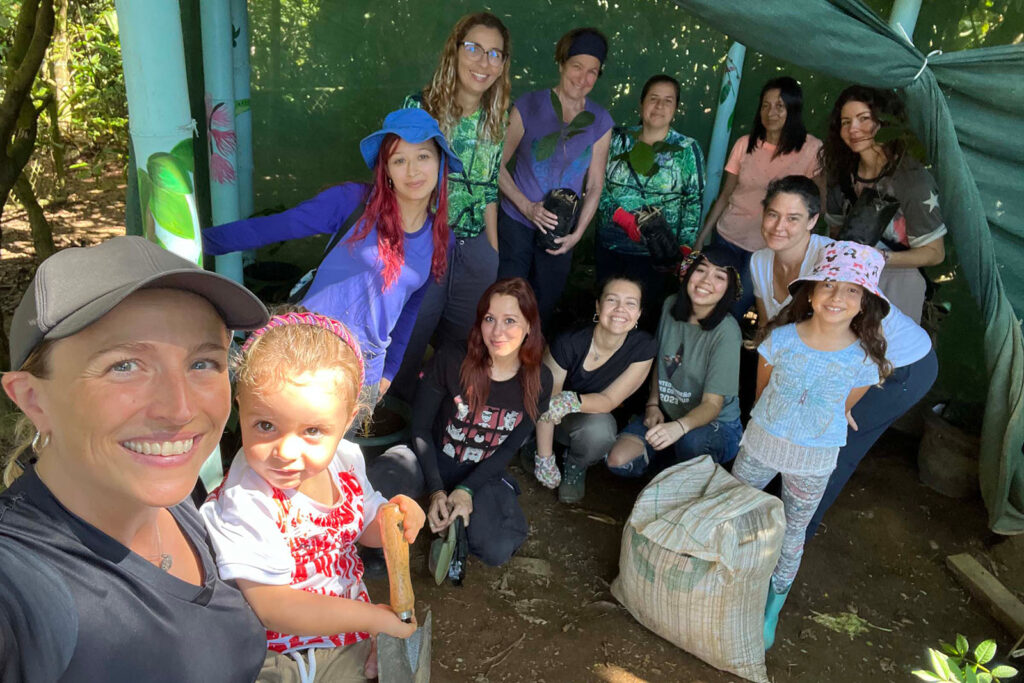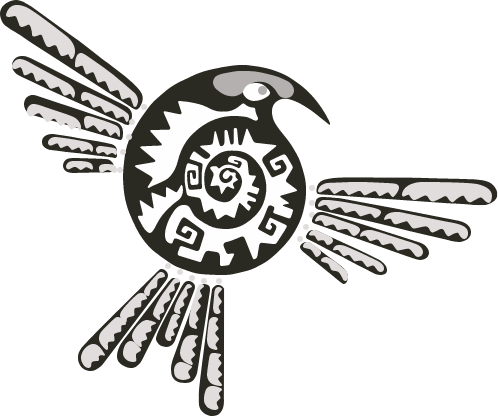June 5th was World Environment Day. On June 15th, Costa Rica will celebrate its National Day of the Tree. Finca Cántaros Environmental Association has designated June as the “month of the environment” on our social media platforms. These occasions inspire even deeper reflection on questions I ask myself frequently:
What is an environmentalist? And can I call myself an environmentalist??
Seemingly straightforward, these questions are not easy to answer, even for someone like me who holds three social science degrees focused on environmental studies, environmental education and the human dimensions of conservation.
As an eight-year-old, I would have answered that question with the brand of sincerity unique to children. Of course I was an environmentalist! After all, I loved nature and I wanted to help save the planet. I was living in Beijing at the time where my father happened to be working for the Canadian Embassy. With the help of my mother, I galvanized the other girls in my Brownie group to address water waste (that would be toilets that never stopped running) at my elementary school, the International School of Beijing. It was my first empowering experience leading environmental education outreach.
The 38-year-old me does not have the same unshakeable clarity about her environmental identity, despite that fact that I founded and direct Finca Cántaros Environmental Association. Established in British Columbia but based here in Coto Brus, Costa Rica, where my team and I focus primarily on environmental education, as well as forest restoration and research. Every day I breathe in—I absorb through my very skin with such gratitude—the premontane wet forest that surrounds me.
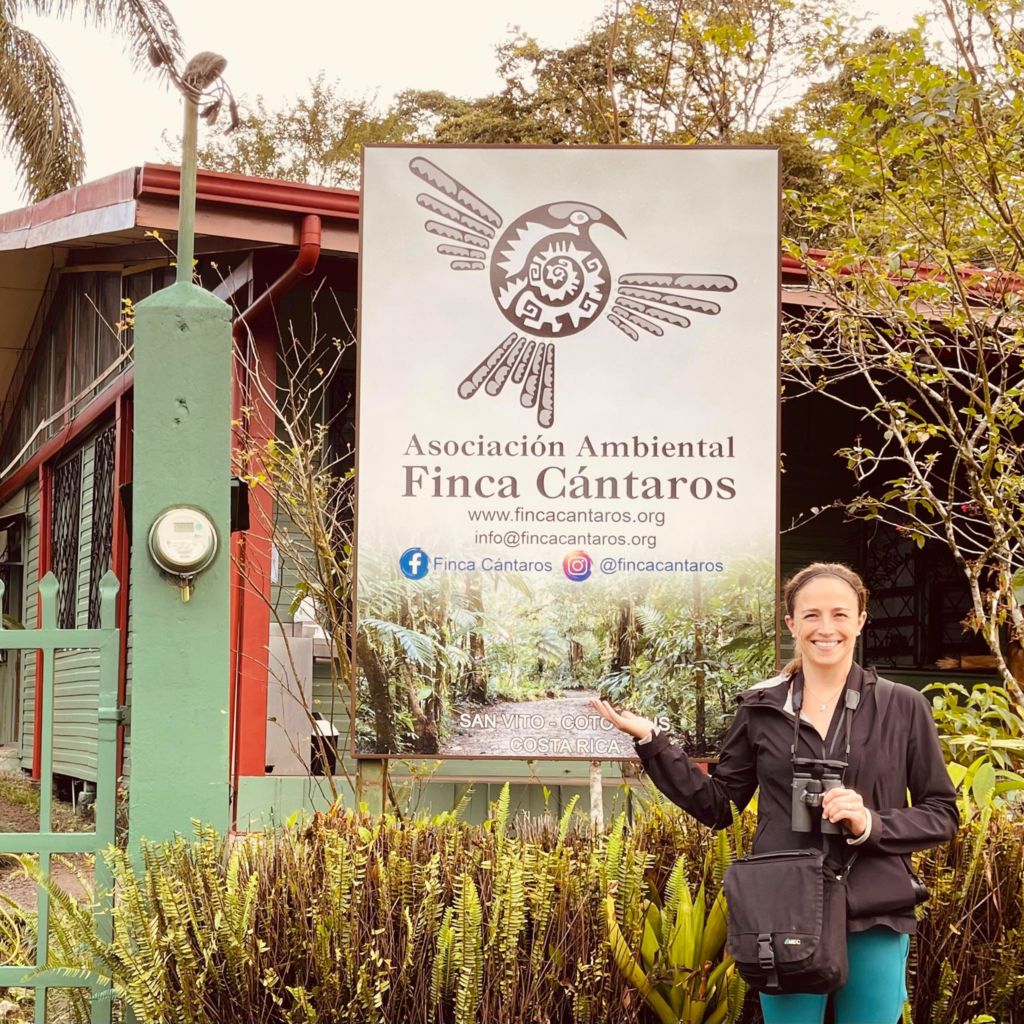
Nonetheless, if I ask myself if I am an environmentalist, I feel the need to answer with the following qualifiers:
• Yes, I’m an environmentalist, but I don’t eat an entirely plant-based, organic, local diet.
• Yes, I’m an environmentalist, but I typically take multiple flights a year (when there’s not, you know, a global pandemic upending our lives).
• Yes, I’m an environmentalist, but my partner and I are about to bring another human into an already overpopulated world.
So how can I still dare to claim that I am an environmentalist when diet, air travel and reproductive-related decisions are shown to have the biggest impacts on the current health and future sustainability of this incredible but fragile blue and green home we call Earth?
Even though the majority of important life decisions have centred around my desire to be immersed in and working for nature, I grapple with these opposing forces that leave me feeling like an imposter. But it also drives continuous self-reflection and adaptation of my vision for how I want to contribute to the world, both in my day-to-day life and in the process of building a non-profit organization centred around environmental education. The personal and professional threads of my life are so tightly interwoven that they are impossible to untangle despite the inherent contradictions.
Environmental education (EE) itself is also nuanced, complicated and constantly evolving. It has done a lot of good but also been criticized for its shortcomings. Research has shown time and again that EE cannot be reduced to the following equation: environmental knowledge + participants = participants will take action on behalf of the planet. Yet many EE campaigns and programs still take this formula and rinse, lather, repeat.
Continuous self-reflection and adaptation by hundreds of environmental educators seeking to contribute more to the world has led to the research that helps us understand how a constellation of factors (such as nature connectedness and self-efficacy, and not just knowledge acquisition) motivates and enables individuals and groups to take effective conservation action.
So when I wear my professional environmental educator or environmental organization director hats, should I be honest about these contradictions, though it might seem counter to the cause?
Yes. I am human after all. And I believe it is possible to be confused and authentic at the same time as inspiring hope and positive action. In fact, I believe that only by being open about our complex nuances—our strengths as well as limitations—that will ultimately allow us to grow and change individually and collectively as a society.
While I don’t have a perfect environmental score card, I still think I should listen more to my 8-year-old voice telling me that I’m an environmentalist, unapologetically. And that’s because it’s thanks to all the conflicted environmentalists in the world that I optimistically believe we are going to be okay. And by that I mean you, me, the rest of our fellow human and non-human species, and this incredible but fragile blue and green home we call Earth.
